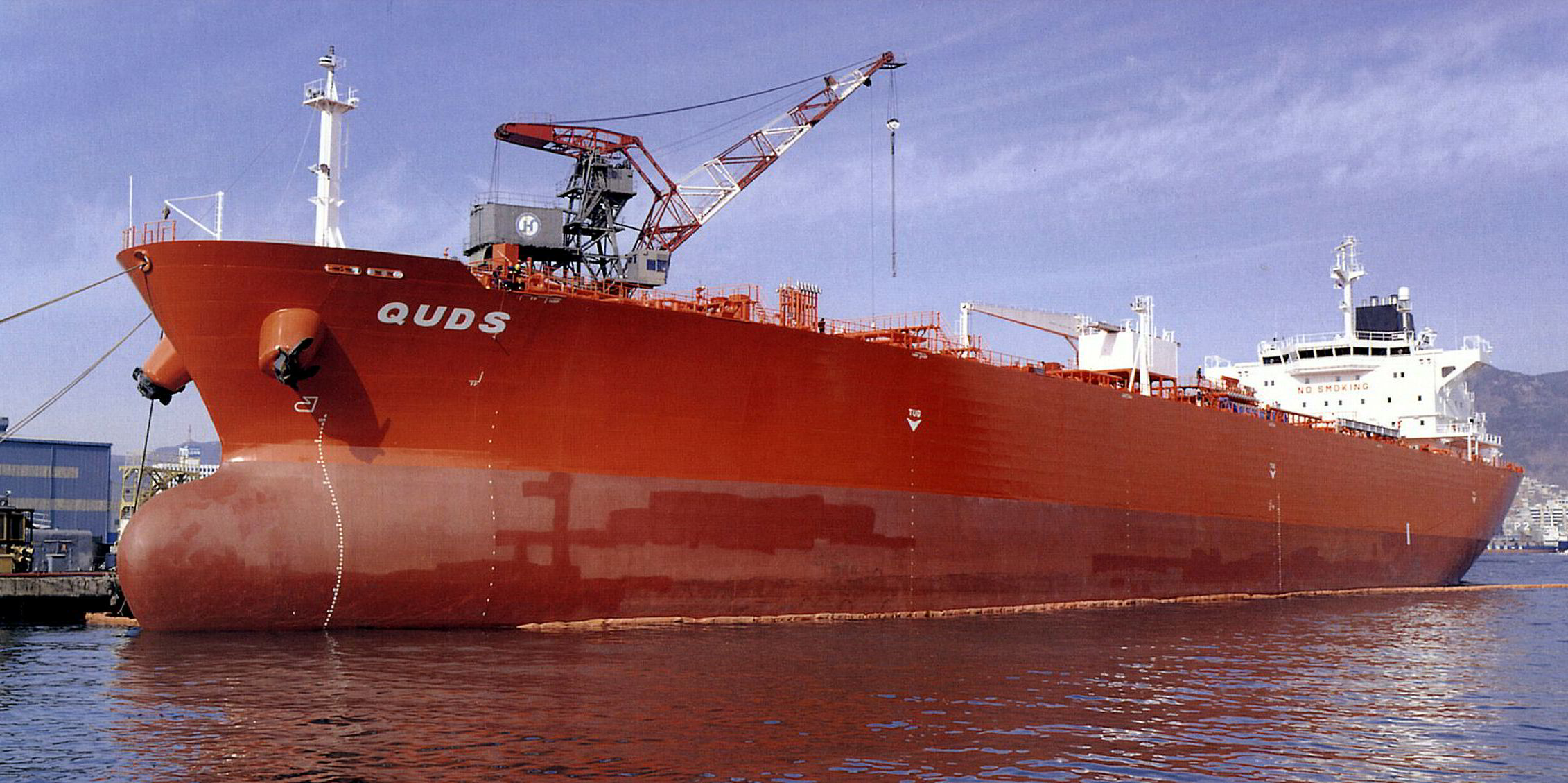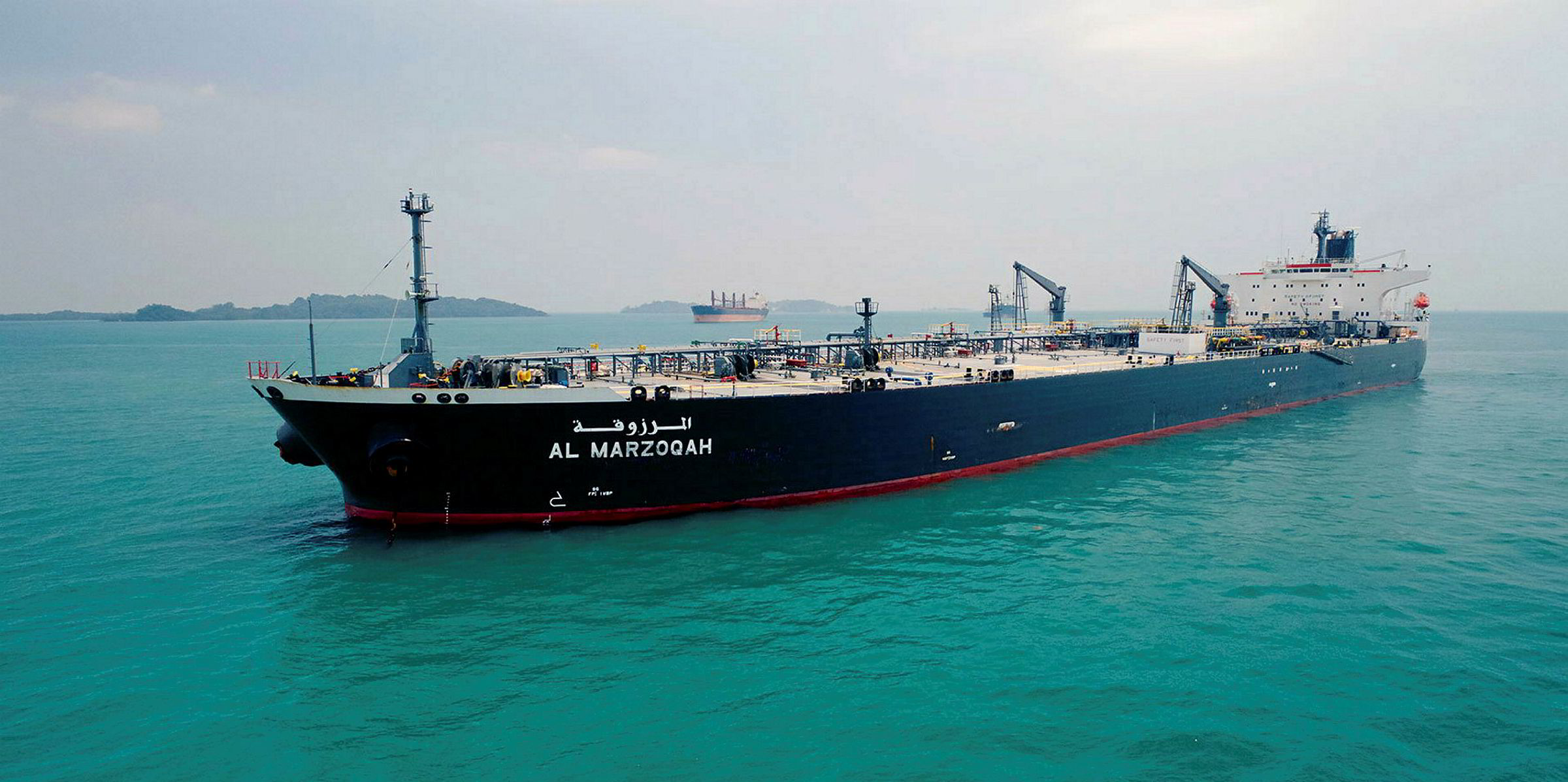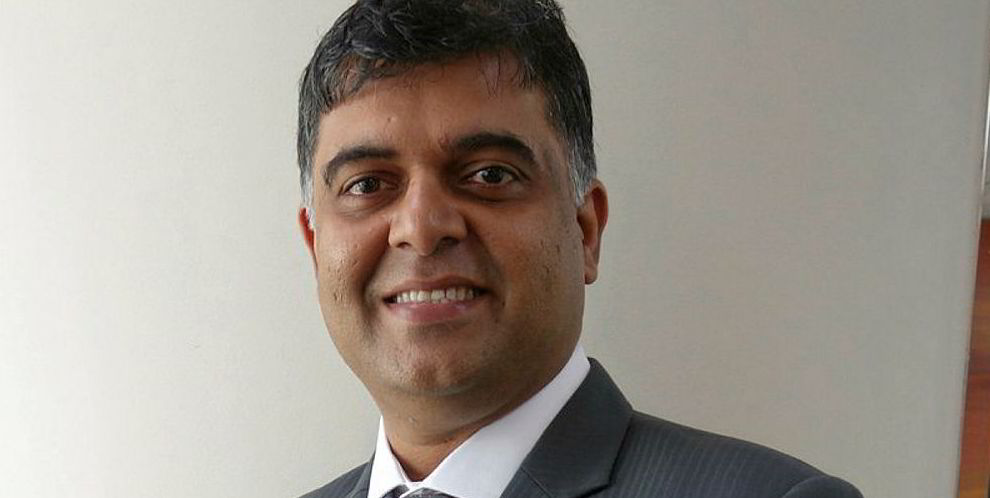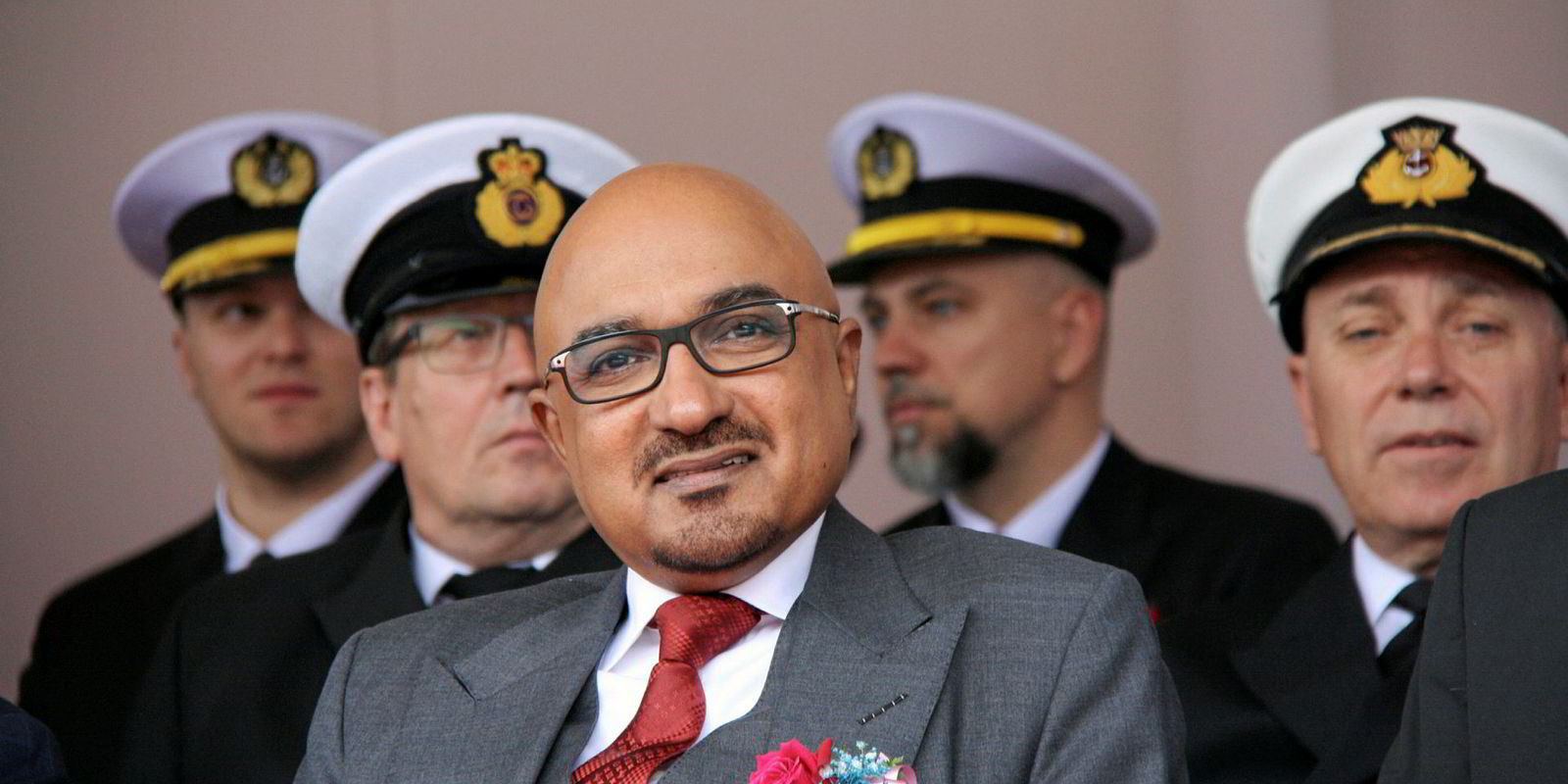Dubai-based Bihar International has sold its third tanker this year as part of an ongoing fleet rejuvenation plan that will include newbuilding orders, director of marketing and operations Captain Sukhdip Randhawa told TradeWinds.
In a deal not widely reported, the 45,000-dwt MR product tanker Quds (built 2000) sailed over to the fleet of Shanghai Xuanrun Shipping at the end of October. It has since been renamed Forever Rich.

Sale price
Randhawa did not disclose the price, but VesselsValue puts the ship's value in the region of $6.65m over the past couple of months.
This year’s tonnage clearout, which included demolition deals for the 47,200-dwt product tanker Aster (built 1996) and 95,600-dwt crude tanker Al Anbariah (built 1993), comes ahead of plans to order replacement ships.
Aware that better-quality charterers are reluctant to fix older ships, Bihar is planning to move ahead with orders in the near to medium-term future.
“Our plan is to order products tankers — LR2s and MR2s,” Randhawa said. "The homework has been done. We are all set up to order. Right now, it is all about the timing.
“We are waiting for the 2020 sulphur cap dust to settle. We want to see what direction it swings.”
That, Randhawa said, would determine whether the company ordered vessels fitted with scrubbers or operated on low-sulphur fuel.
Basically, we are sitting on a surfboard waiting to catch the right wave. I think the wave will be sustained for some time, but we need the right exit strategy so that if the wave does not come in, we can still paddle our way out
Captain Sukhdip Randhawa
“We believe we should be scrubber-ready and see how it goes," Randhawa said. "I think we will know the direction in the upcoming months.”
Bihar has always been a prolific buyer of secondhand tonnage, and this is unlikely to change despite the interest it has in ordering new ships.
“We are always open to adding secondhand ships, but I don’t think we will do anything now,” Randhawa said. "To do anything now would not be right."
Market upturn
The tanker market did not see the improvement Randhawa was expecting in 2018, but he remains confident about its prospects for next year.
“We can see some signs of improvement already," Randhawa said. "We see a surge in aframaxes in the Middle East. Very recently, we did a fixture for one of our vessels as Worldscale 140.
“Basically, we are sitting on a surfboard waiting to catch the right wave. I think the wave will be sustained for some time, but we need the right exit strategy so that if the wave does not come in, we can still paddle our way out.”

While Randhawa and Bihar paddle along waiting to catch their wave, they have been positioning the fleet in a way that protects it from the brunt of the market volatility.
Employment for the company’s largest tankers — a mix of 11 aframaxes and a suezmax — has been focused on contract-of-affreightment (COA) cargoes with Bihar’s traditional Middle Eastern customers.
About 70% of the outfit's employment in 2018 has been on COA work, which Randhawa described as doing well. He expects vessels to be earningto be in the region of $20,000 per day during 2019.
Spot market
Bihar’s three MR product and chemical tankers, as well as two stainless-steel chemical tankers, have mostly been trading on the spot market, which Randhawa said had kept them busy.
The commercial team prefers to triangulate their operations,with the product and chemical tankers taking chemicals from the Middle East to China and South Korea. From China, they pick up clean petroleum products for the run down to Singapore and Indonesia, after which they ballast back to the Middle East.





